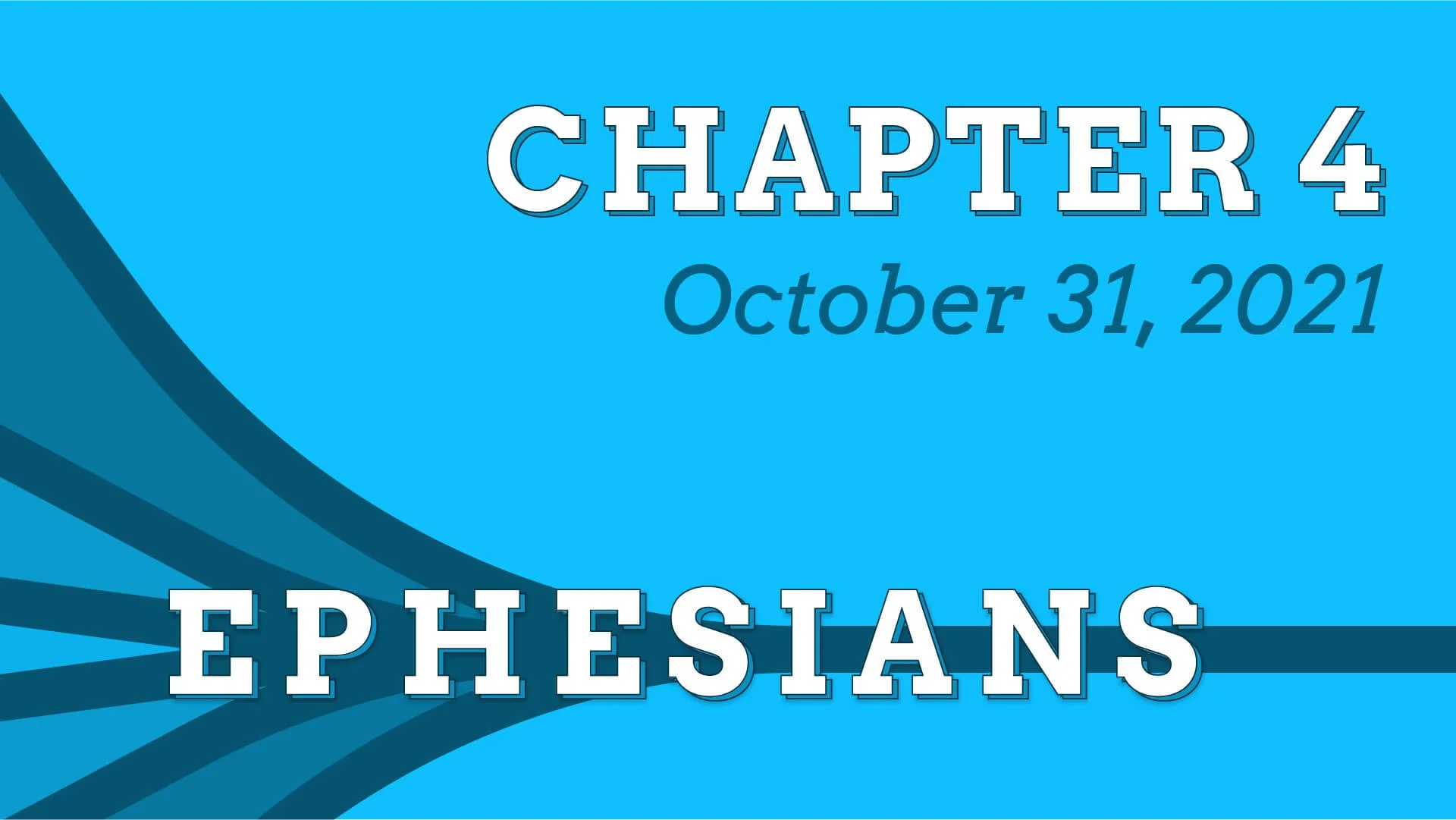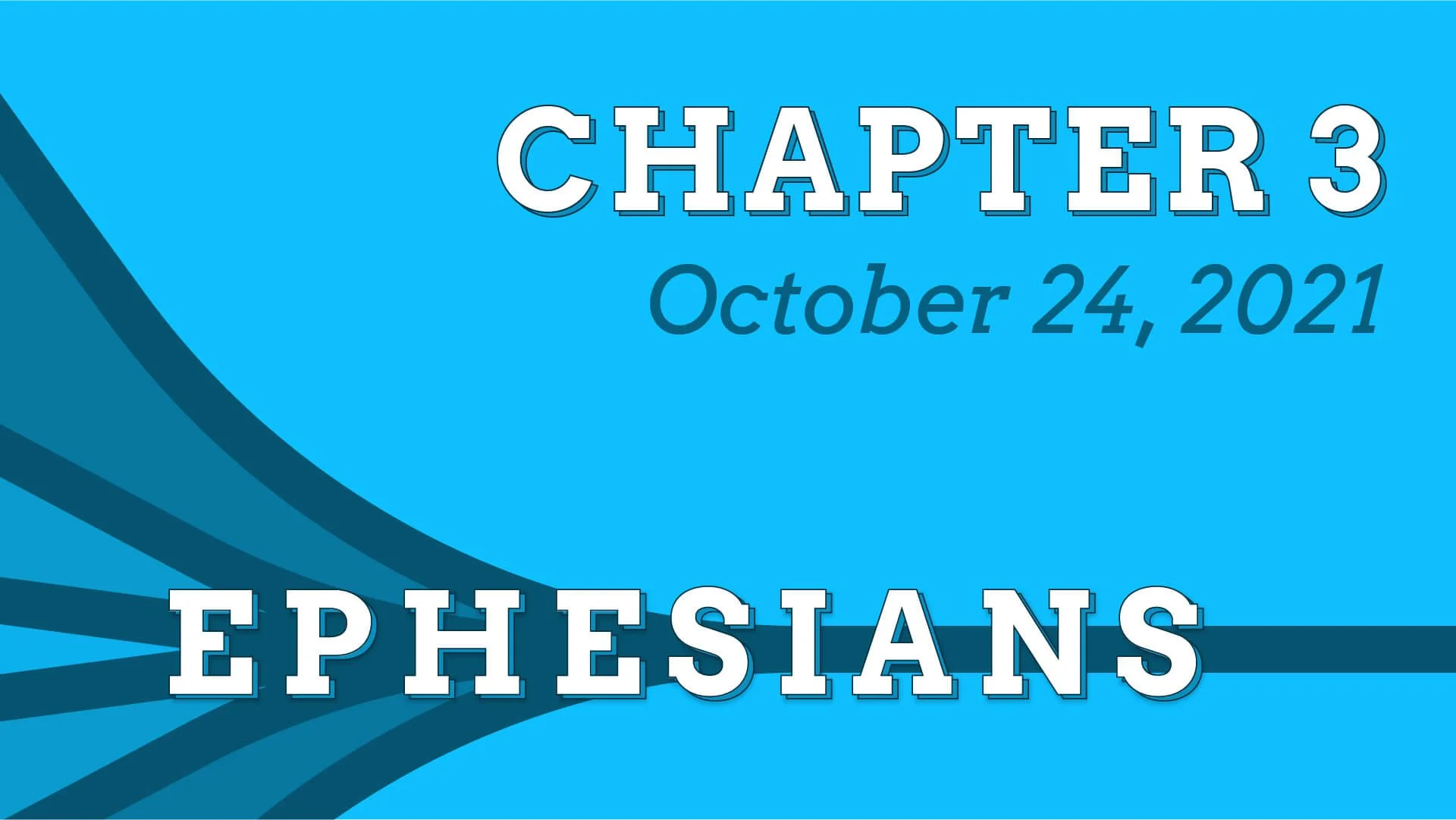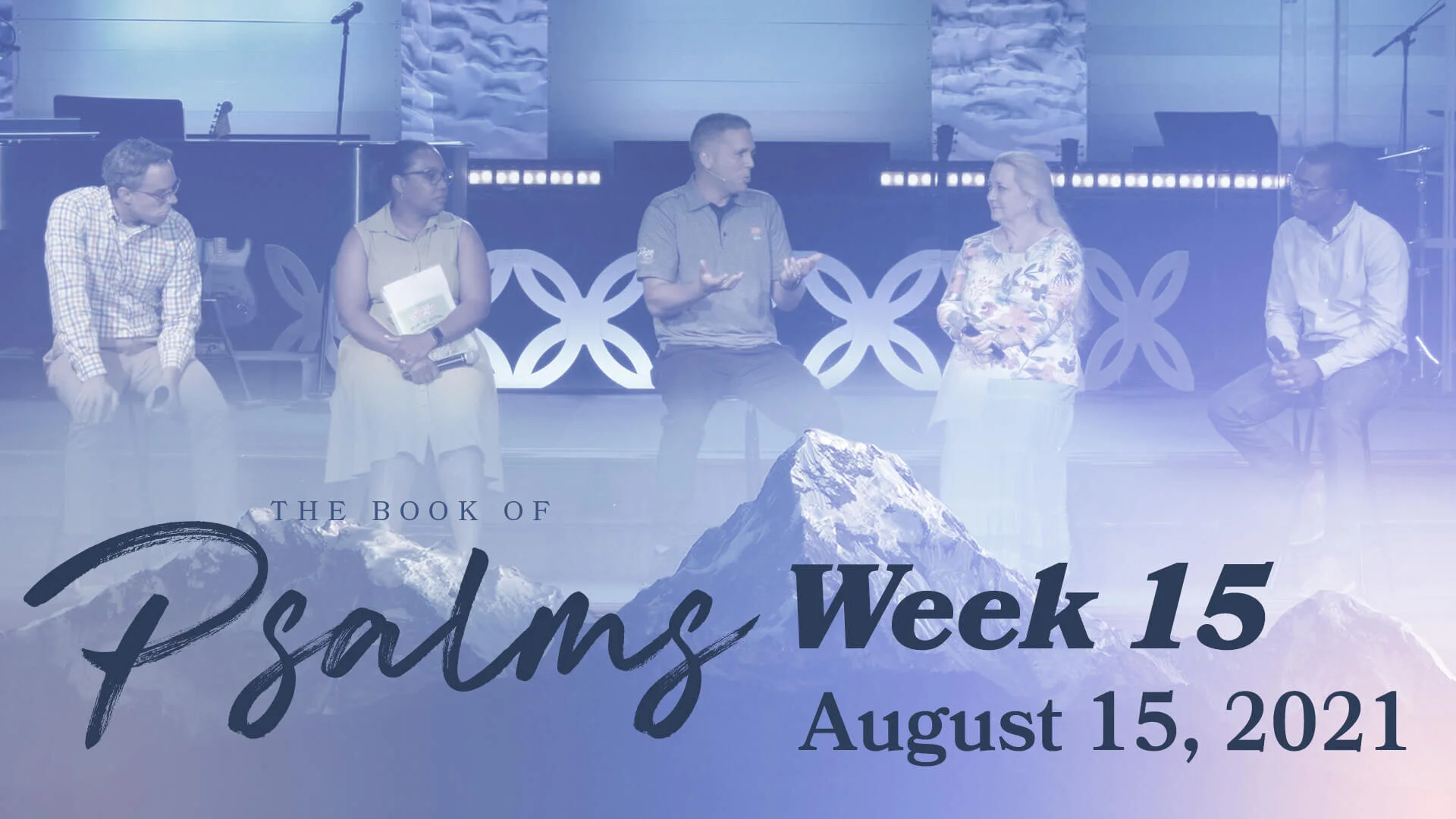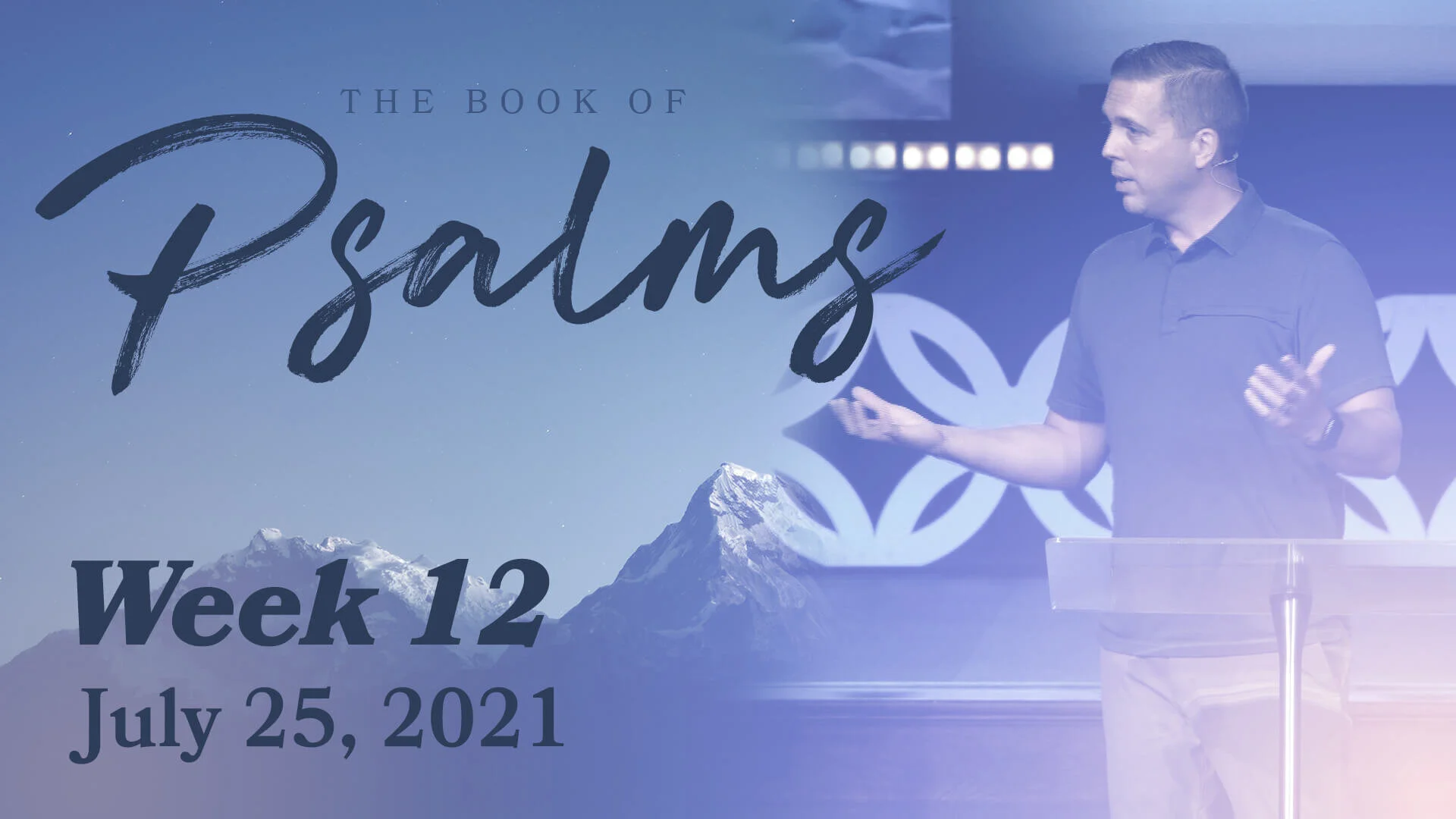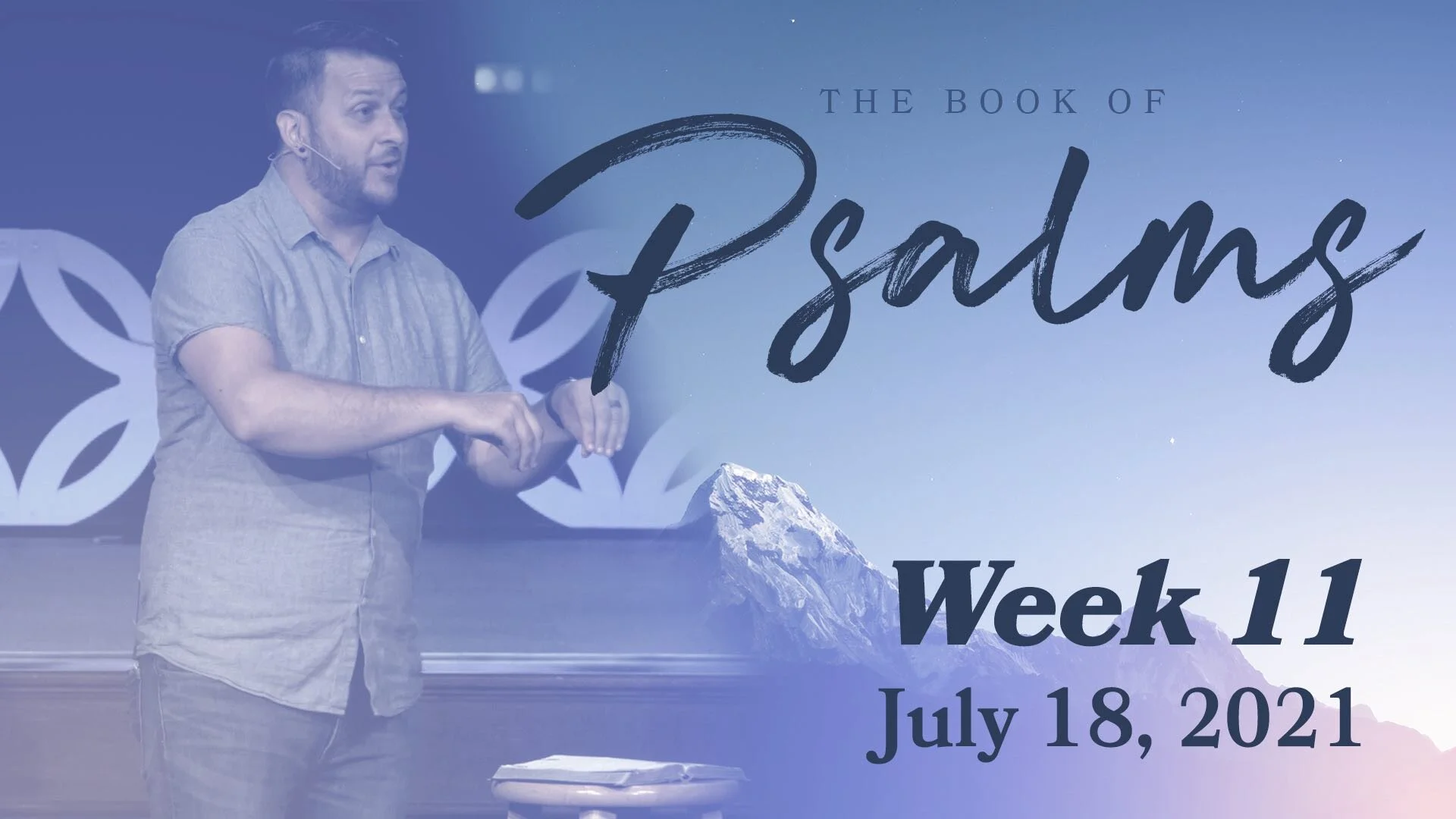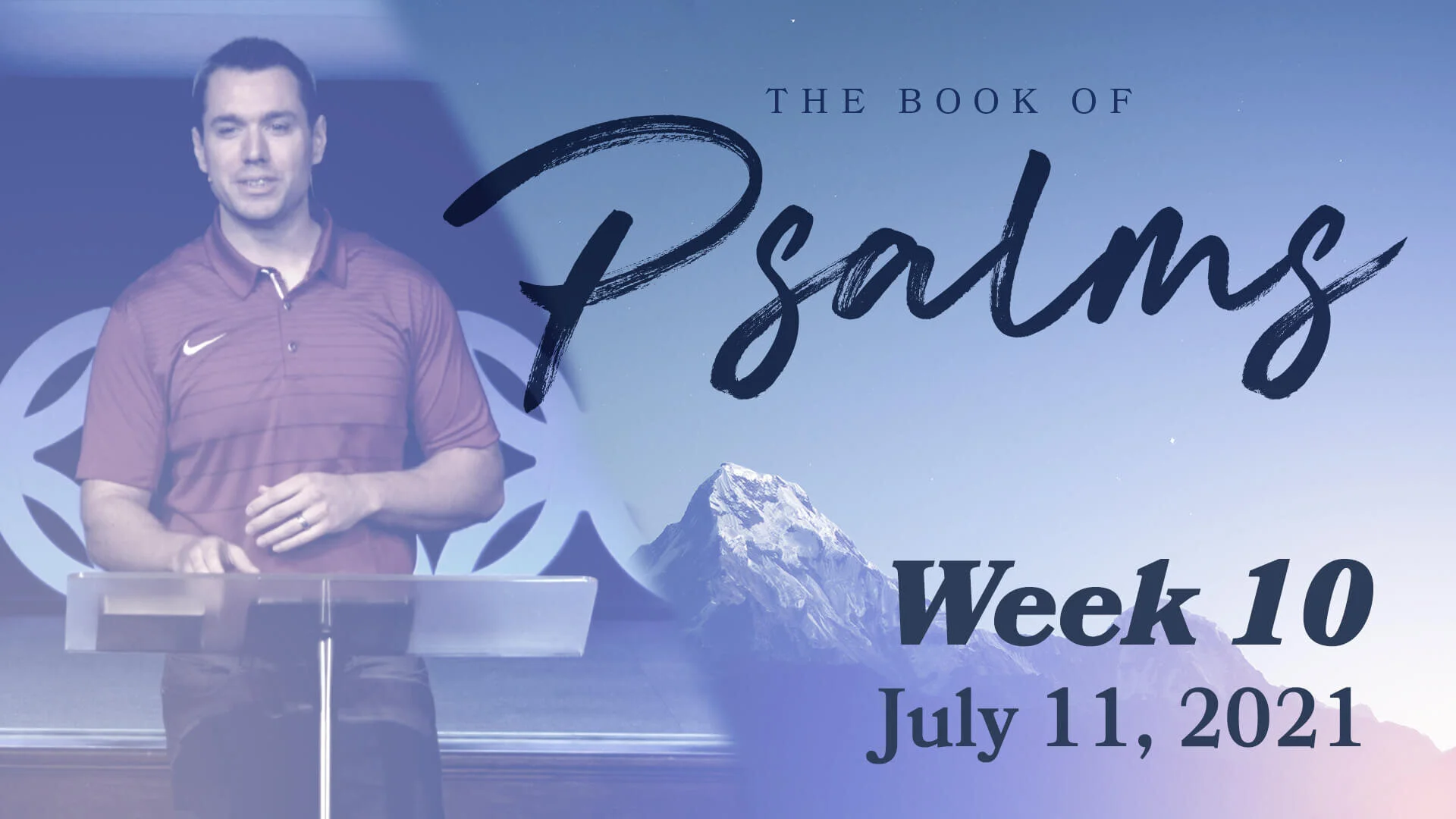The future leaders of everything are the young people of today. So how we love and engage and lead our young people is actively shaping the future of the Church. Wopsle challenges us to take this truth to heart and work to engage with and empower young people.
Read MoreOver the last 6 weeks, we have explored Paul's letter to the church in Ephesus. In Ephesians 6, Paul instructs us to "Put on the full armor of God, so that you can take your stand against the devil's schemes." Adam Barnett concludes our study of Ephesians by exploring the armor of God, and the spiritual battle we face as believers.
Read MoreIn Ephesians 5:21–23, Paul calls husbands, wives, and the church to submit to Christ and to one another. This submission is not intended to be heard as "dominance". But as submission to the headship of Christ. Dave Brown explores this passage and reminds us of our mutual responsibility to one another.
Read MoreIn chapter 4 of Ephesians, Paul writes to the Church from prison and calls us all to unity as believers. Adam Barnett explores this call and reminds us that while disagreements are going to happen, fighting and disunity should not.
Read MoreIn Chapter 3 of Ephesians, Paul shares the powerful truth that through the Gospel, there is no longer a distinction between believers. All are heirs to the promise of Jesus Christ. Through this chapter, he prays that we would all understand the power in God’s love for us. In week 3 of our study of Ephesians, Adam Barnett explores that uncovered mystery of the Gospel and reminds us of Paul’s prayer for all believers.
Read MoreIn Chapter 2 of Ephesians, Paul gives a clear and powerful presentation of the Gospel. We were dead in sin, and Christ made us alive. Dave Brown explores and expands on these two points and challenges us to take hold of our new identity and purpose through Christ.
Read MoreThe book of Ephesians contains numerous themes that we will discover over the next six weeks. Chapter 1 takes a deeper look at how we are called to find our identity in Christ and not the world around us. Adam Barnett opens our series with an introduction to the book, and an exploration of Paul's prayer at the end of the first chapter.
Read MoreDuring the first 3 weeks of our series, we examined 3 specific topics covering the Bible and how we came to have this amazing book. For our series conclusion, Dave Brown tackles 5 more big questions about the Bible…and does it in 5 minutes each.
Read MoreOne of the central themes in 2 Timothy is a warning to watch out for false teachers. But with so many voices and perspectives, how do we know the false from the true? Adam Barnett explores how the Holy Spirit, rigorous study of the Word, and communal discernment work together to define sound Biblical doctrine.
Read MoreThroughout the New Testament, we find numerous references and quotations of the Old Testament text. But in addition to these overt references, there also exist more subtle ways that the Old Testament influenced the New. In week 2 of our series studying the Bible, Dave Brown explores this usage and expands on how we find the old in the new.
Read MoreThe Bible is not merely a book full of stories, it’s the Word of God. But why is it authoritative? Adam Barnett opens our study of the Bible and how we can trust its authenticity.
Read MoreWhen Jesus compares the kingdom of God to the mustard seed in Mark 4, he's not encouraging us to take hope in small beginnings. Rather the comparison is inviting us to be challenged to have "eyes that see and ears that hear." In a special message, Daniel Bunn reminds us of this challenge to put on the lenses of the kingdom and recognize true beauty.
Read MoreAs followers of Jesus, we are called to grow in our discipleship and to make disciples. But what does discipleship really mean? For the second part of our Steps study, Dave Brown and Wopsle help to answer that question and also explore what discipleship looks like at Redeemer.
Read MoreVision and mission are defining characteristics of our church and of our lives. In week 1 of our Steps series, Adam Barnett explores what vision and mission really mean and what they can accomplish. Then he challenges us to step into the vision and mission of Redeemer.
Read MoreThe book of Psalms concludes with a song dedicated to simply praising our God. Psalm 150 describes locations, reasons, and methods for praising and shows us that we should prioritize worship in our lives. Adam Barnett closes our series by sharing a bit about Psalm 150 and then speaks with several members of Redeemer about how they prioritize and experience worship amidst the busyness of life.
Read MoreFor week 14 of our Psalms study, we are looking at Psalm 139. This chapter is both a courageous and dangerous prayer from David; he's asking God to search him, reveal his fears, and correct him. Leanne Benton challenges us to pray this same prayer in our own lives.
Read MorePsalm 121 is a "Song of Ascent", sung by families and pilgrims on their way up the hill road to Jerusalem. It speaks to the protection and care we experience in God's presence. Adam Barnett shares from this chapter and asks us where we are placing our trust for help on the journey.
Read MorePsalm 100 packs an incredible amount of wisdom into a short chapter. These 5 verses give a picture of how we are called to enter into God's presence and worship in response to His incredible goodness. Adam Barnett shares how this psalm tells us to bring grateful praise to our God.
Read MorePsalm 91 focuses on the security we find in God's presence. It's easy to take comfort in that idea, but often we can forget our part in that relationship; actual trust. We have to actually trust in God in all things. Wopsle encourages us in Week 11 of our Psalms study to move from talking to trusting.
Read MoreIn Psalm 84, the psalmist describes the amazing feeling of being in the presence of God. They state that they would rather spend one day in God's courts, than spend 1,000 days elsewhere. But for us, the question is how do we develop this passion for God's presence? Dave Brown explores this question in week 10 of our study of the Psalms.
Read More



